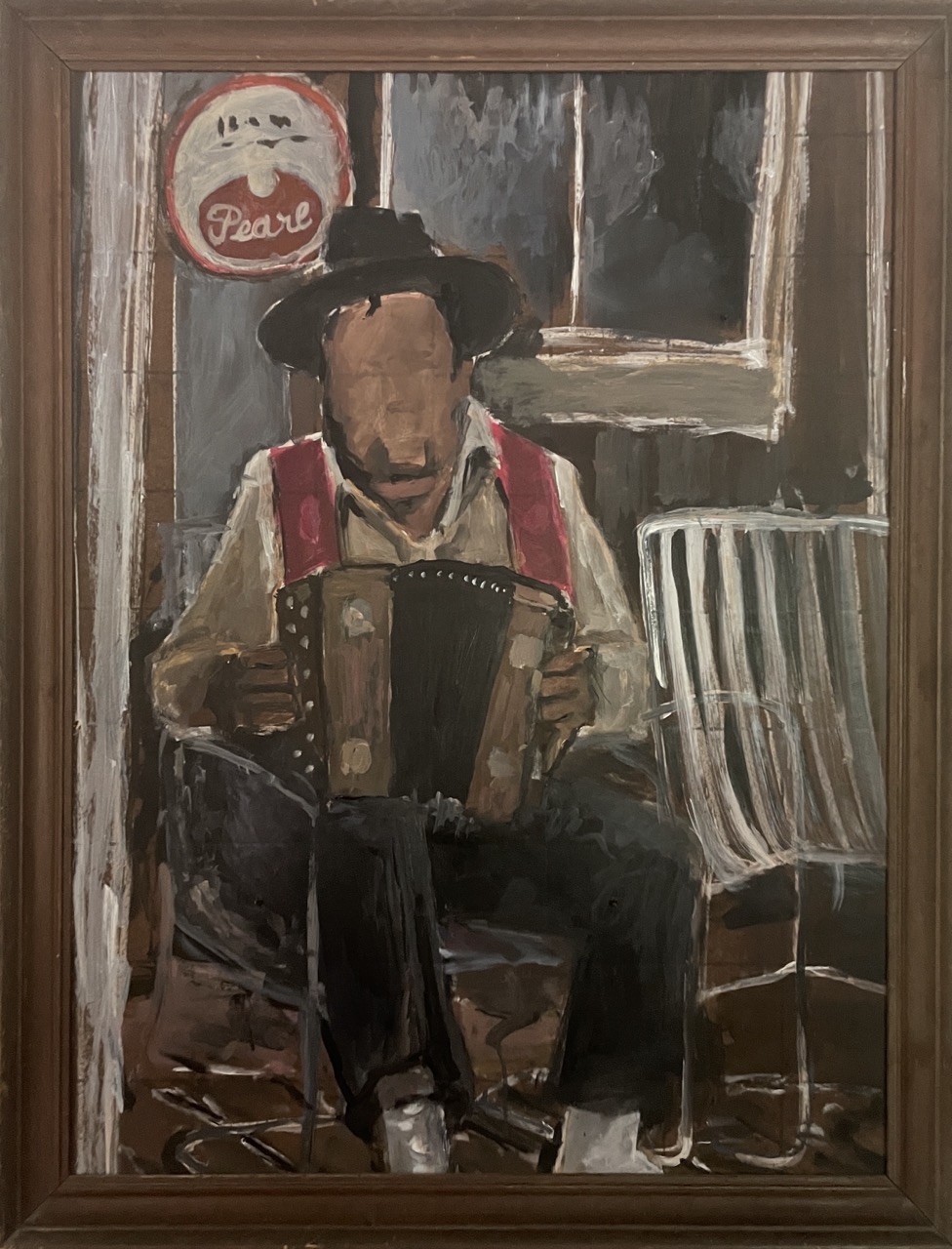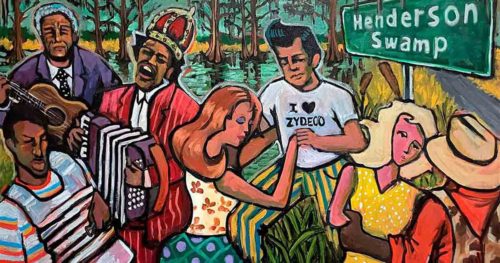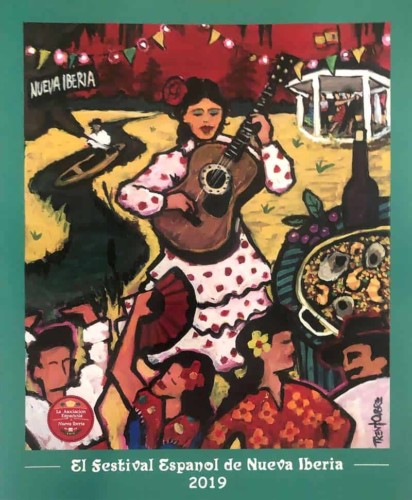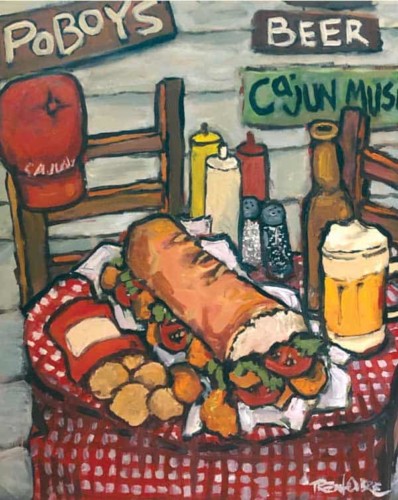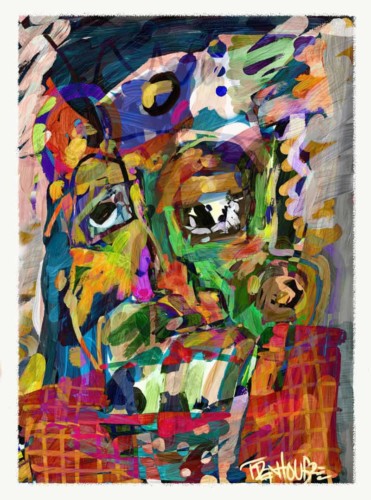On the edge of the city, where the lights barely reached, stood a house whose only visitors were stray dogs and mailmen. Its back porch, cobbled together with hardy board and cypress planks, was like an island in the middle of the trash-strewn sea that was the city dump. From a distance, the glow of the city’s neon skyline cast an eerie halo over the broken bottles and rusted metal scraps. But here, in this forgotten corner, the hum of crickets mingled with the distant clang of machinery and the faint odor of decay.
On the porch sat Mr. Nathan, a 60-year-old junk-yard custodian with a posture shaped by decades of hard work and a gaze that spoke of places long forgotten by the rest of the world. His clothes, a faded combination of flannel and jeans, bore the stains and tears of a life lived among garbage. His hands, roughened by time and toil, gently cradled his trusty accordion, a relic from his ancestors, worn but still vibrant with sound.
Mr. Nathan slumped into his aluminum lawn chair, a relic of the mid-century when people cared about such things. The chair creaked beneath his weight, but he paid it no mind. The accordion was a part of him, a lifeline to a past that was more memory than reality. He played a slow tune, a song of troubles, the melody weaving through the air like a faint whisper. It was a song his grandfather taught him, passed down through generations of men who knew that music could keep you company when no one else would.
As he played, the sounds of the city dump faded into the background. The accordion’s notes floated over the lot, mingling with the distant cries of cicadas and the rustling of rodents in the underbrush. Mr. Nathan’s eyes drifted closed as the music carried him to a place where the burdens of the day melted away.
He’d spent the day hauling refuse from one end of the dump to the other, his truck a battered beast that roared and grumbled as much as he did. The job wasn’t glamorous, but it paid the bills, and it let him sit on this porch at the end of the day, playing his accordion to the rhythm of his own life.
The melody rose and fell, the accordion’s bellows breathing with a slow, steady rhythm. Each note held a memory, a story, a piece of Mr. Nathan’s soul. He thought of his grandfather, a man who’d known the fields and the bayous more intimately than any city street. He thought of the old stories, the ones about men who fought for their land and women who danced under the moonlight.
As the last notes of his song faded into the night, Mr. Nathan opened his eyes and looked out over the dump. The city was just a distant glow on the horizon, a reminder that there was a world beyond this little patch of earth. But for now, he was content to be here, in his own corner of the world, with his accordion and the memories it held.
Mr. Nathan took a deep breath, letting the night air fill his lungs. He set the accordion on his lap and leaned back in his chair, letting the creaks and groans of his old bones lull him into a sense of peace. It was another day done, another song played, and he was ready to face whatever tomorrow would bring.

